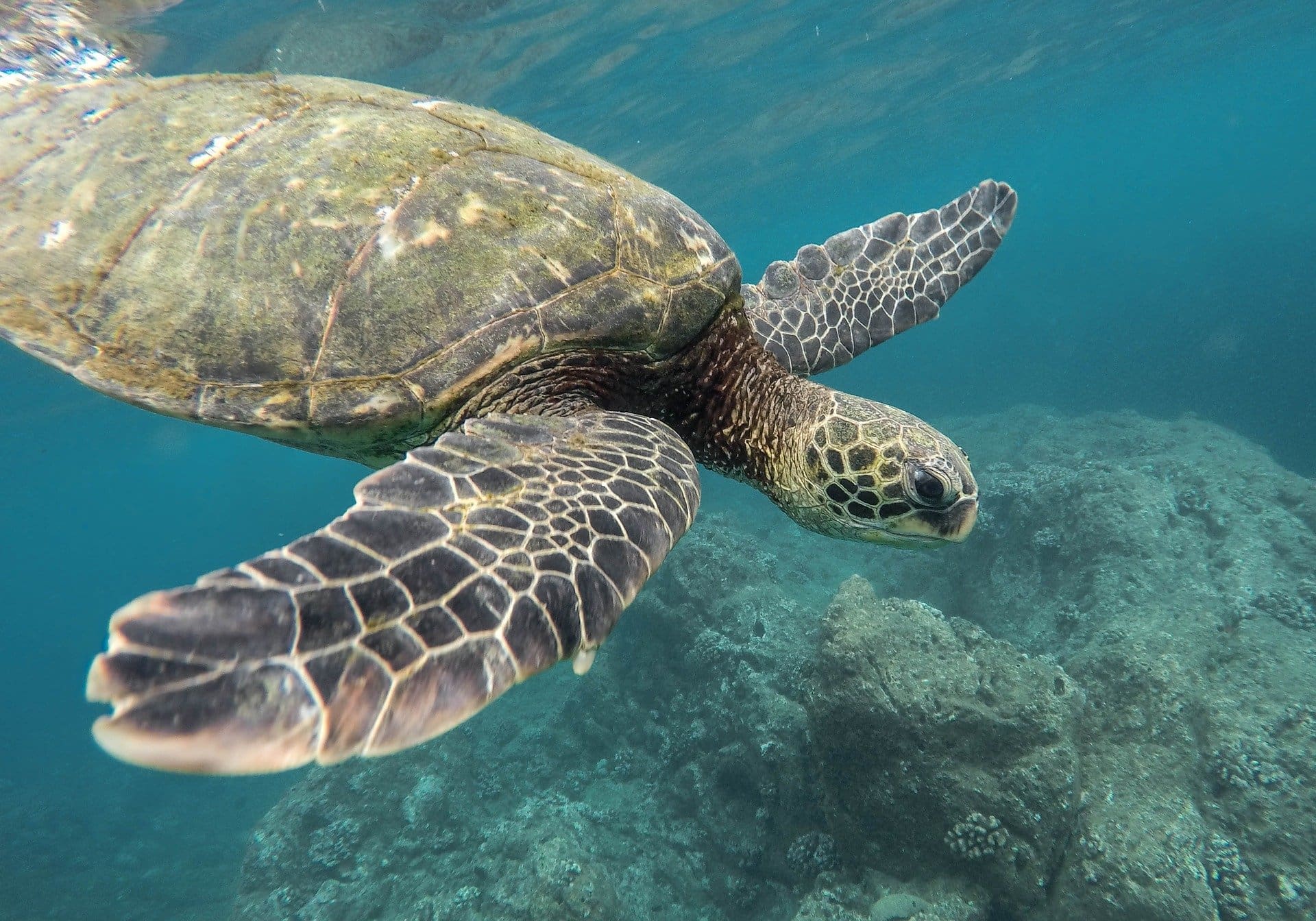A recent study revealed that sea turtles mistake the scent of plastic for food.
Turtles cannot decipher between plastic and their usual oceanic food, which leads them to consume it and ultimately suffer a slow and painful death.
Plastic bags are often mistaken for jellyfish, which are a mainstay in a sea turtle’s diet. The animal will consume the bag after falsely identifying it as an easy meal. The plastic will then cause a blockage in the turtle’s stomach lining. In some cases, the individual is still able to eat but is receives no essential nutrients. This leads to starvation and eventual death. Alternatively, it can get stuck in the animal’s airway, which causes suffocation.
Plastic waste in the form of shopping bags, netting and bottles are a threat to all sea animals, not just turtles.
In the study, published in Current Biology, scientists conducted an experiment using 15 young, captive-born loggerhead turtles. The researchers pumped airborne odours into the air above the tank that the turtles were in. The turtle’s reactions were recorded on camera.
The animals reacted the same way to the odours as they did to food like fish and shrimp. While surfacing for oxygen, the turtles would keep their noses out of the water for longer than normal (three times the normal duration).
Speaking to the BBC, Dr Joseph Pfaller of the University of Florida said that odours given off by floating or submerged plastics were an ‘olfactory trap’ for sea turtles.

He said:
‘Plastics that have spent time in the ocean develop smells that turtles are attracted to and this is an evolutionary adaptation for finding food, but it has now become a problem for turtles because they’re attracted to the smells from the plastics,’.
Tiny organisms attach to the plastic floating in the ocean. These microbes, algae, plants and microscopic animals then emit food-like odours. The smells produced attract turtles and other marine animals and drive them to consume it.
Oceanic waste is a global crisis and a threat that affects all life, including humans that rely on the ocean as a source of food and income.
Read the full study titled ‘Odors from marine plastic debris elicit foraging behavior in sea turtles’ here.
